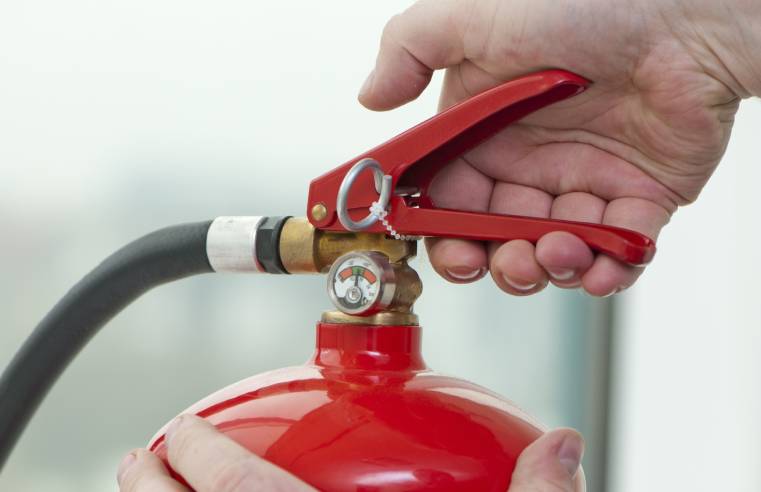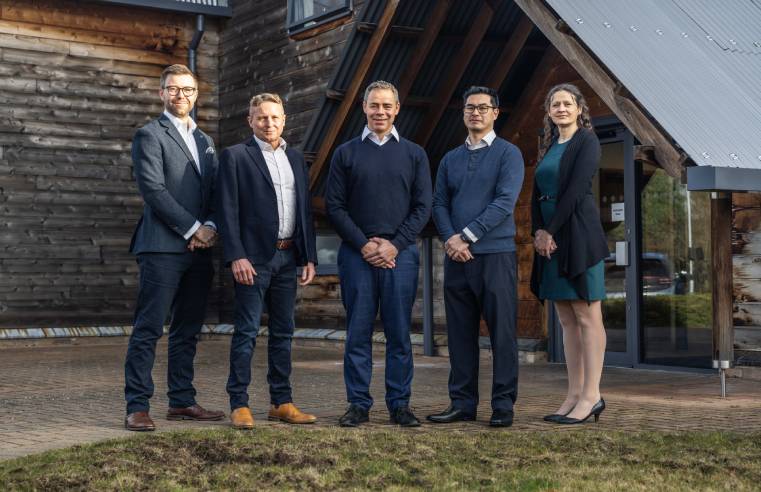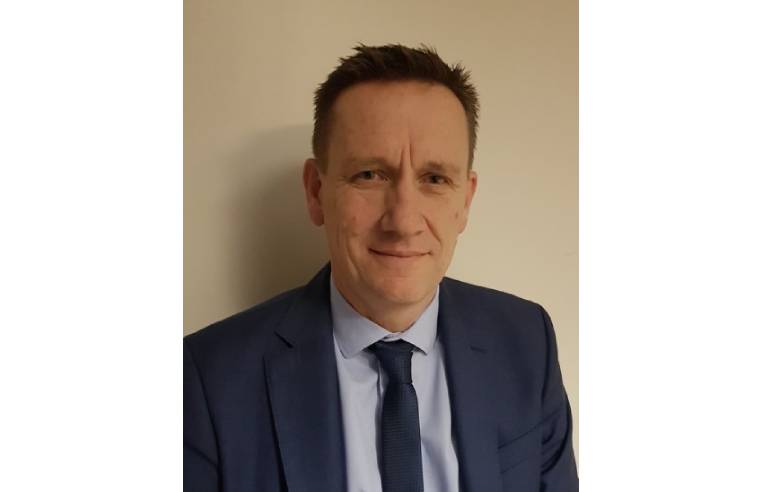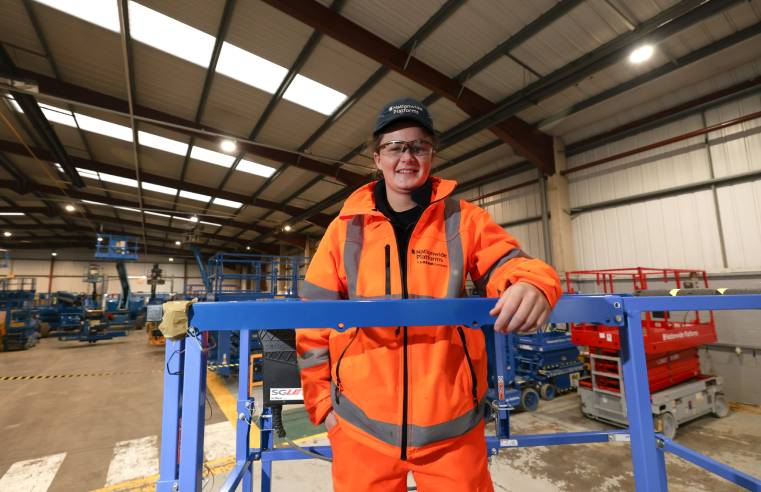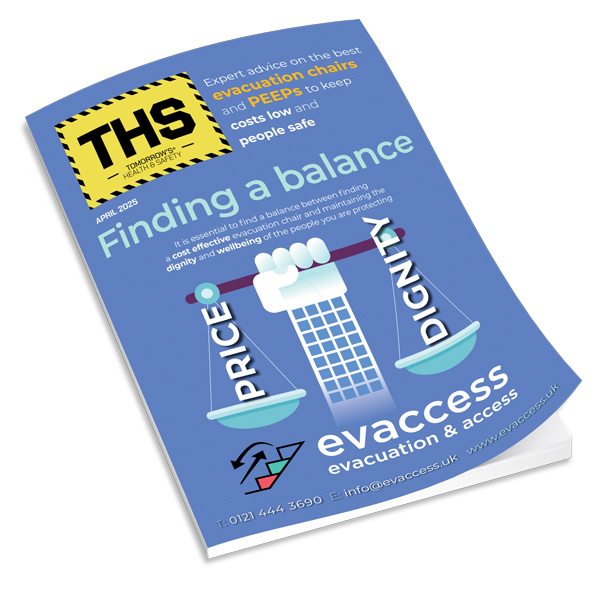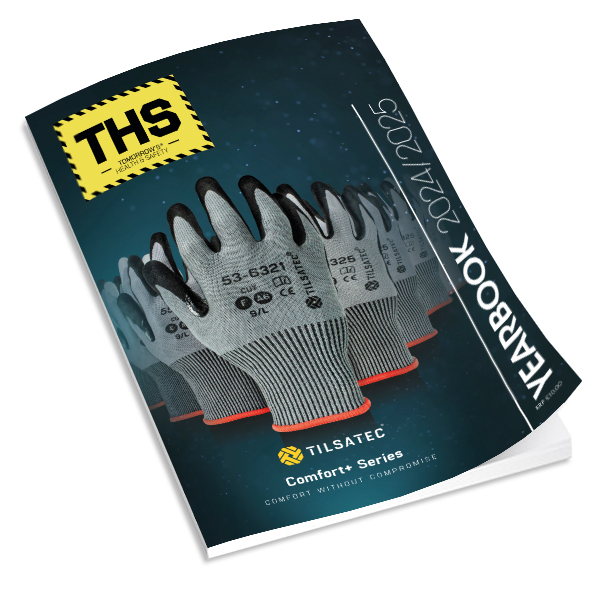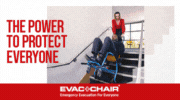The Technical Oriented Fabrics (TOF) Business Unit of W.L. Gore & Associates (Gore) has announced its decision to adopt the new Sustainability Framework of the Gore Fabrics Division. With this move, the TOF Business Unit adds another key milestone to its 30-year history of implementing social and environmental programmes, including externally recognised standards.
The Sustainability Framework reflects the Gore Fabrics Division´s commitment to protecting people and the planet while prolonging product life and the wellbeing of people at the same time. For the TOF Business Unit, this framework particularly reflects its continued effort to maximise the societal value Gore delivers through its operations, supply chains and innovations, as well as a commitment to reduce the environmental footprint that Gore’s operations and products have on the planet.
The new Sustainability Framework is informed by global trends and the United Nations Sustainable Development Goals, a set of worldwide accepted goals leveraged by many global companies as a ‘blueprint’ to achieve a better world. From these UN goals, Gore identified six strategic areas as most relevant to Gore, as these represent the key global challenges in the apparel and footwear industry and correspond with sustainability challenges that are important to Gore´s customers.
Ross MacLaine, Sustainability Team Leader of the Gore Fabrics Division, said: "With our new sustainability framework, we aim to redefine performance beyond technical product features to the benefit of both people and the planet. We will continue to focus our efforts on sustainability-led innovations. We are proud to say that our sustainability framework meets the needs of our business, our customers, our industry and ultimately society."
The Sustainability Framework can be summarised as a simple equation:








